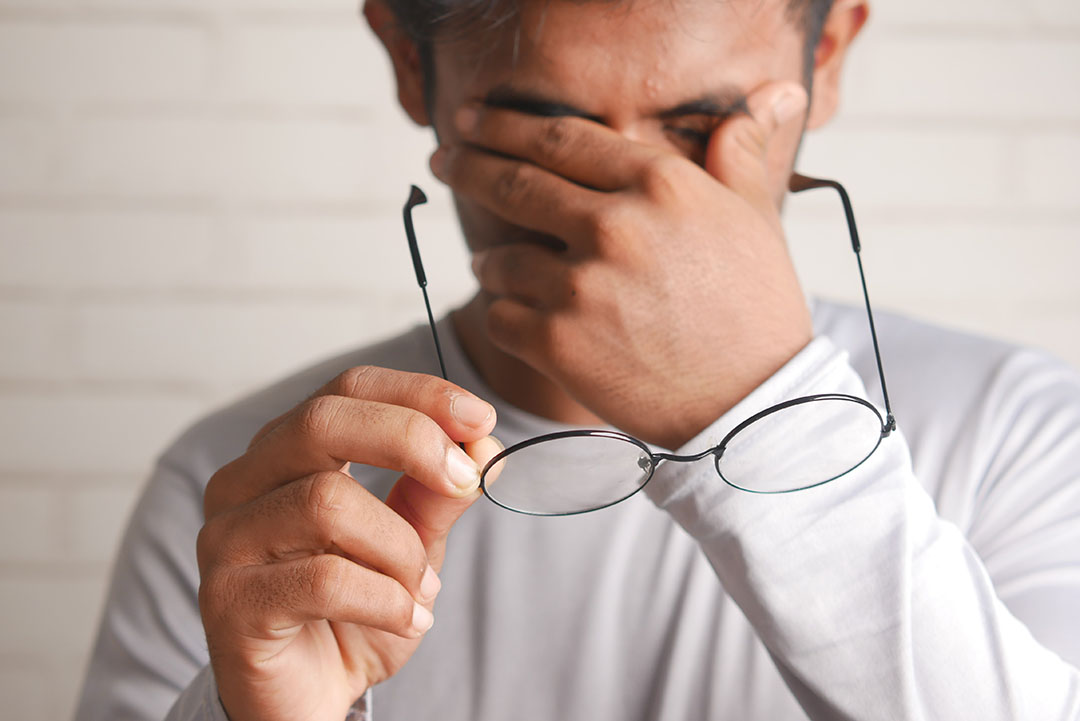All Categories
Featured
Table of Contents

Routine eye examinations are essential for maintaining great vision and spotting potential eye wellness problems early. Nevertheless, the regularity of these exams can vary considerably based on a person's age, way of living, and general health and wellness. Understanding the suggested timetable for eye exams can aid ensure that individuals of all ages get ideal care and monitoring for their eye wellness.
Newborns and Toddlers (0-2 Years)
For kids and infants, eye examinations are vital for identifying any prospective vision troubles early. The American Academy of Ophthalmology recommends that a kid's first eye exam need to occur at around 6 months old. During this preliminary go to, the eye treatment professional will certainly evaluate the child's aesthetic advancement and look for any evident eye problems.Following this initial test, it is advised that children have an additional eye test at age 3. This see will concentrate on analyzing the kid's general visual function, including eye alignment and the capability to track items. If no concerns are found, the next exam ought to be scheduled before the child starts college, usually around age 5 or 6.
School-Aged Children (6-18 Years)
Regular eye examinations should be arranged every one to 2 years when children reach school age. Vision is crucial for learning and development, and several schools conduct vision testings. These testings do not replace a detailed eye exam by an eye treatment professional.For kids associated with activities or sporting activities requiring significant aesthetic focus, annual eye tests may be suggested. Furthermore, if a child exhibits indications of vision problems-- such as difficulty checking out, scrunching up your eyes, or regular frustrations-- a browse through to the eye physician ought to be arranged as quickly as possible.
Young Person (19-39 Years)
Young person normally have fewer vision changes than older age groups, but routine eye examinations stay crucial. The general recommendation is to set up an eye test every 2 years during this period. However, people with specific threat elements-- such as a family history of eye condition, diabetes, or those who wear get in touch with lenses-- ought to think about yearly eye examinations.Additionally, those who spend substantial time on digital gadgets may experience electronic eye strain. If signs such as dryness, fatigue, or obscured vision take place, it might be smart to see an eye care professional sooner.
Adults (40-64 Years)
Adults aged 40 to 64 need to schedule eye exams every one to two years. Eye exams can also assist spot various other usual age-related problems such as glaucoma, cataracts, and macular degeneration.If individuals in this age have risk variables such as hypertension or diabetes, they may need more constant assessments to monitor their eye wellness closely.
Elders (65 Years and Older)
For senior citizens, normal eye examinations become much more crucial. The American Optometric Association suggests that individuals matured 65 and older have an eye examination at the very least annually. Older grownups are at a higher threat for various eye conditions, consisting of cataracts, glaucoma, and age-related macular deterioration. Early detection and treatment of these problems can prevent vision loss and improve the high quality of life.Final thought.
Comprehending the proper schedule for eye examinations based on age is crucial for keeping ideal eye wellness throughout life. From infants to senior citizens, normal eye examinations play an important role in spotting problems early and making certain that vision stays sharp. By adhering to these guidelines and seeking advice from an eye care professional, individuals can take proactive steps towards preserving their vision and overall health and wellness. Whether it's a child's very first check out or an elderly's annual exam, focusing on eye care is a financial investment in long-lasting well-being.Latest Posts
A Historic Shoreline Destination with Modern Delights
Published Apr 12, 25
1 min read
Host Your Perfect Event: Venue Rental Options for every single Celebration
Published Mar 27, 25
1 min read
Experience High-end at Canyon Crest-- Book Your Event Today!
Published Feb 21, 25
3 min read